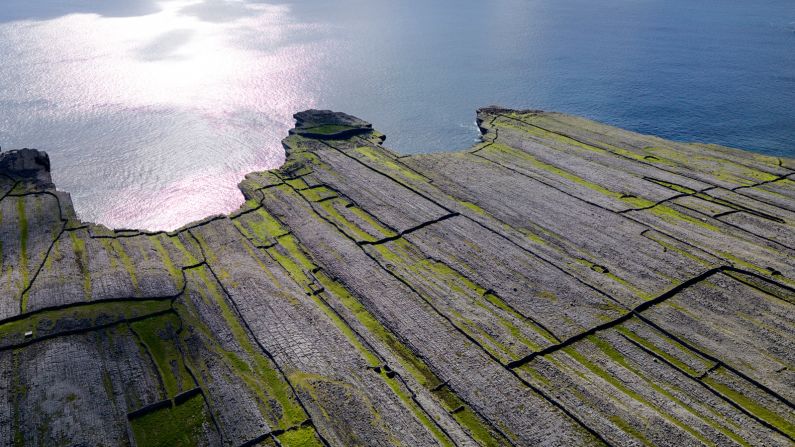This is usually the time of year that campers are out in full force – from bare-bones backpackers to folks who roll RV-style – all enjoying what nature and summer have to offer.
But 2020 is unlike any other year in our lifetimes. Because of the coronavirus pandemic, it seems like every travel-related decision is a calculus of risk – be it going to a restaurant or buying a plane ticket.
And camping is no exception.
So how has the pandemic affected camping this year? And if you decide to take a camping trip now that things are opening back up, what do you need to know before you go?
Canceled camping trips this spring
In the early stages of the pandemic, less was known about the transmission of Covid-19. As a result, people canceled or postponed trips as the country entered full lockdown mode.
CNN Travel talked with three families – two in Georgia and one in Virginia – who love to camp but who all had to cancel their spring trips, either because facilities closed or because of their own concerns about the pandemic.
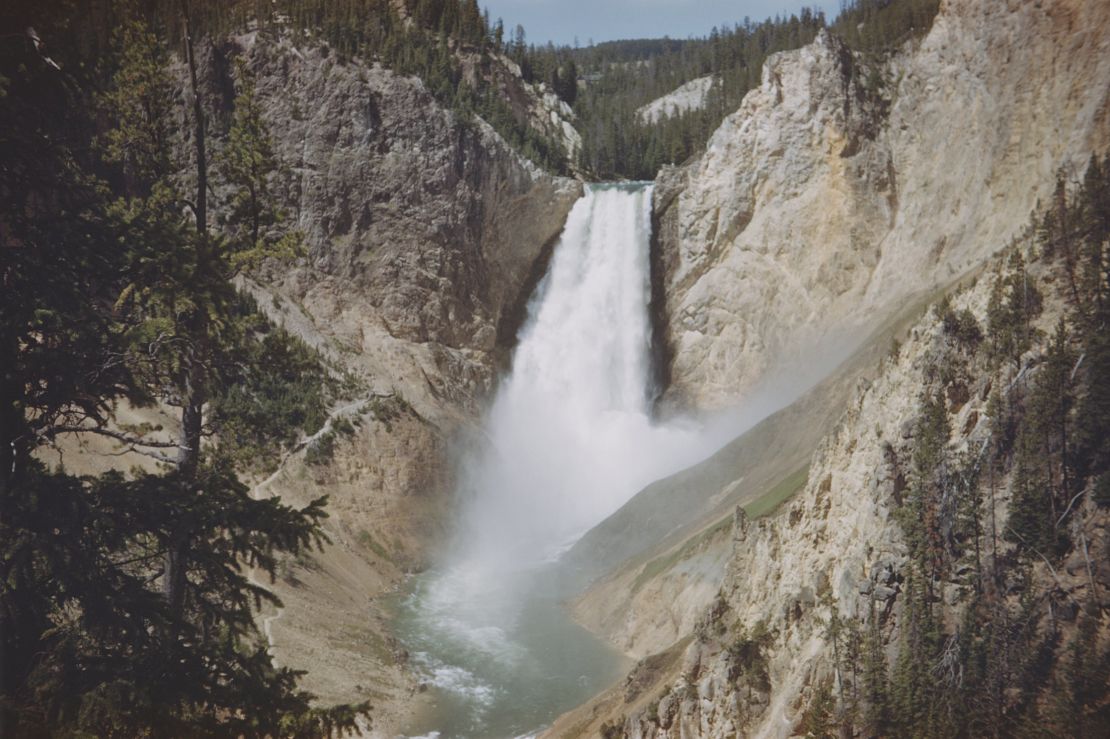
State and national parks across America closed or restricted activities this spring.
For instance, Yellowstone and Grand Canyon had to close temporarily and then offered only phased reopenings in May. And campgrounds at Yellowstone were still closed in mid-June.
Things are starting to open back up – but in patchwork fashion, very much depending on the location.
Private places such as Kampgrounds of America had to close some spots and put limits on others, in compliance with local and state regulations. But most KOAs are open now.
With a few limited exceptions, state parks in Arizona are open, and that includes their campgrounds (even as the state is dealing with an influx of patients with Covid-19 at hospitals).
Georgia, one of the first states to reopen its economy, is allowing camping at its state parks. But visitors will find restrictions – swimming pools and playgrounds will be closed all summer, for instance.
Michigan, which has opened up more cautiously, plans to allow camping at its state parks on June 22. California has started a very cautious, case-by-case reopening of camp sites at its state parks.
It’s a similar situation in Europe. There is no uniformity as to where or whether camping sites will reopen.
32 beautiful reasons to visit Ireland
According to ACSI, an organization that specializes in camping information for Europe, campsites in Belgium were set to open on June 8, while Ireland is holding off on opening campsites until July 20.
New Zealand, which acted early on the pandemic, is now almost Covid-19 free. For its citizens, that means full access to huts, campgrounds and toilets as restrictions are lifted. Even so, the government urges its people to remain vigilant – stay home if you’re sick and keep up with the hand washing.
A lower risk activity
The good news for campers around the world itching to get some fresh air and sleep under the stars: There is growing consensus that transmission risks are lower outdoors than inside.
Claudia Finkelstein, an associate professor of family medicine at Michigan State University, pointed out in a recent article featured on CNN: “The final word on outdoor recreation? Of course, go out and be active. It’s important for your mental and physical health. But, choose wisely, be prepared and stay safe.”
The news site MLive recently spoke with four public health specialists in Michigan who rated 36 activities by their estimated level of risk. On a scale of 1 to 10 with 10 being the highest risk level, camping came in at a relatively low 3. That was on par with golfing and getting groceries.
For comparison, they rated playing tennis at just a 1 and going to gyms and amusement parks at an 8.
Day camping
Debi Gouge, a small-business owner and art instructor in Wythe County, Virginia, has longtime love of camping.
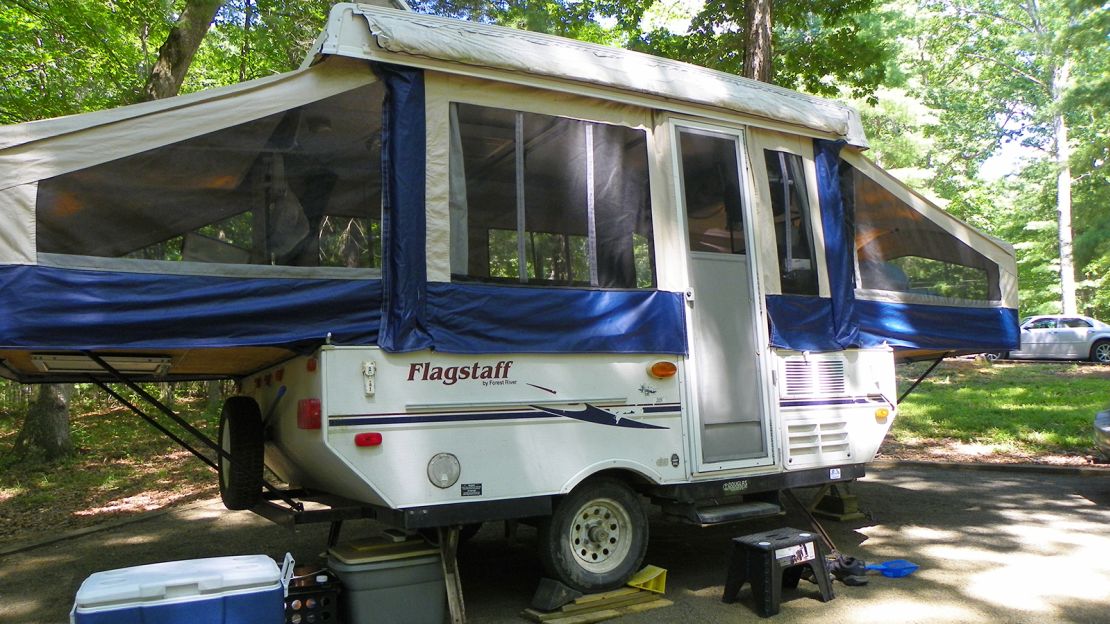
“Nature and camping have always been a place where I reconnect and refresh myself. Being out there breathing the air, and enjoying the beauty of the trees and the wind blowing though them is what I love,” she said. “Also, it inspires me to create and paint.”
So the pandemic has hit Debi, husband Tim Gouge and their nine dogs hard. She’s had to be particularly cautious about staying virus-free because of a lifelong kidney condition.
“I have been very stressed these last few months,” Gouge said. “Loss of income, not working, the unknown, etc.
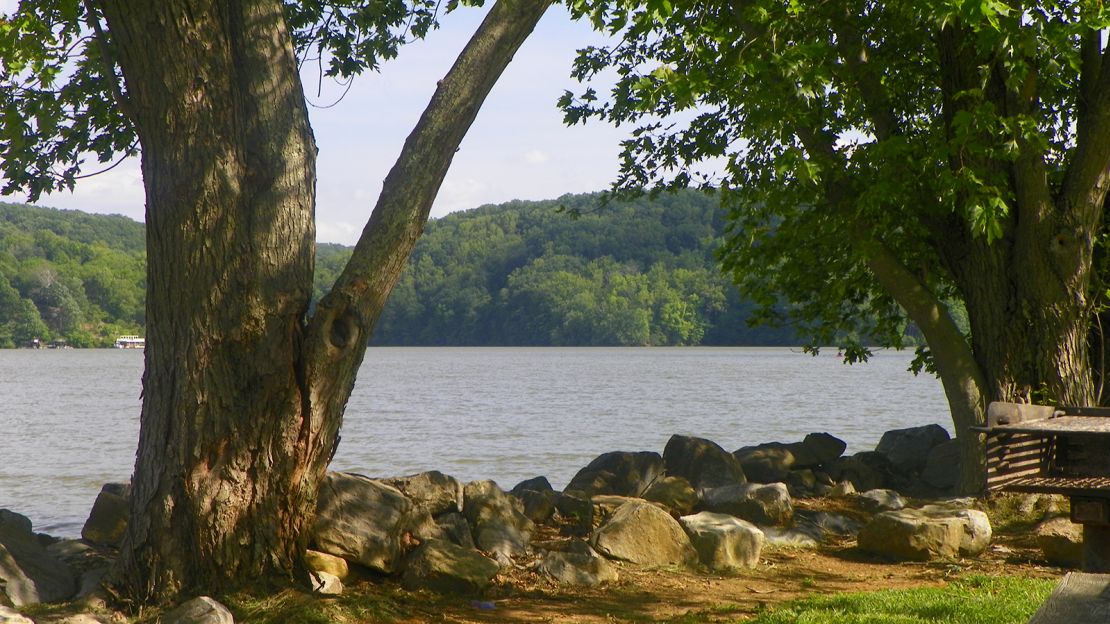
“Then my wonderful husband came up with the great idea to give me some peace – day camping. We set up our camper at Claytor Lake, which is within 20 miles of us and spend the days camping, hiking … cooking out – the works!
“And then we come home late in the evening to sleep since we cannot have a pet sitter right now, and next morning, back to the campground.”
She said there there were no worries about social distancing or wearing masks as there was almost no one in the campground.
“It has been wonderful.”
Isolated private farms and social bubbles
Kip Hardy, her husband, Brian, and their two children ages 7 and 2 like to use their home in Decatur, Georgia, as a base to explore the Southeast.
But the pandemic led her to cancel an early May camping trip in yurts at a Georgia state park.
“We booked with two other families. One couldn’t bring their dog. The other family didn’t feel quite ready to venture out. Still having to share bathrooms made the other family shy away.”
Another concern was Brian was still recovering from a recent surgery. Add it all up, and the camping trip became unworkable.
But that setback hasn’t stopped the enterprising Hardys.
The family camped by themselves the last weekend in May at a private farm near Collegedale, Tennessee, that she said was huge.
“There were other people there, but not within half a mile of us. I was comfortable with that level of isolation. We encountered other people and said hello, but kept on walking.”
The farm had horses and baby goats that her kids could play with.
Since the late May trip, she said they have joined a “social bubble” with another family.
Hardy said having an arrangement with another family might guide them toward sometimes making decisions that are more conservative than they’d make just for themselves.
“You have to consider the other family.”

Nevertheless, the two families – a total of eight people – have settled on a camping trip this weekend on a private farm outside of Asheville, North Carolina. Hardy likes the private farm as she has more confidence in social distancing in such a setting.
One of the last considerations for the Hardys on choosing a destination: “How far do we think we can drive without having to stop a lot with young kids? Three hours is about that.”
Delayed gratification
Tony Lankford, the senior minister at First Baptist Church of St. Simons Island, Georgia, had to cancel a “pretty epic” urban camping trip with his wife, Tiffany, 12-year-old daughter Kaley and 10-year-old son Carter.
“We have been planning … to explore places our kids have never been – Washington, D.C., New York City, Richmond and Williamsburg, Virginia,” Lankford told CNN Travel.
“Considering most of those stops are more urban environments and so much is still unknown about what the summer brings for those areas in terms of Covid-19, we decided to cancel our trip.”
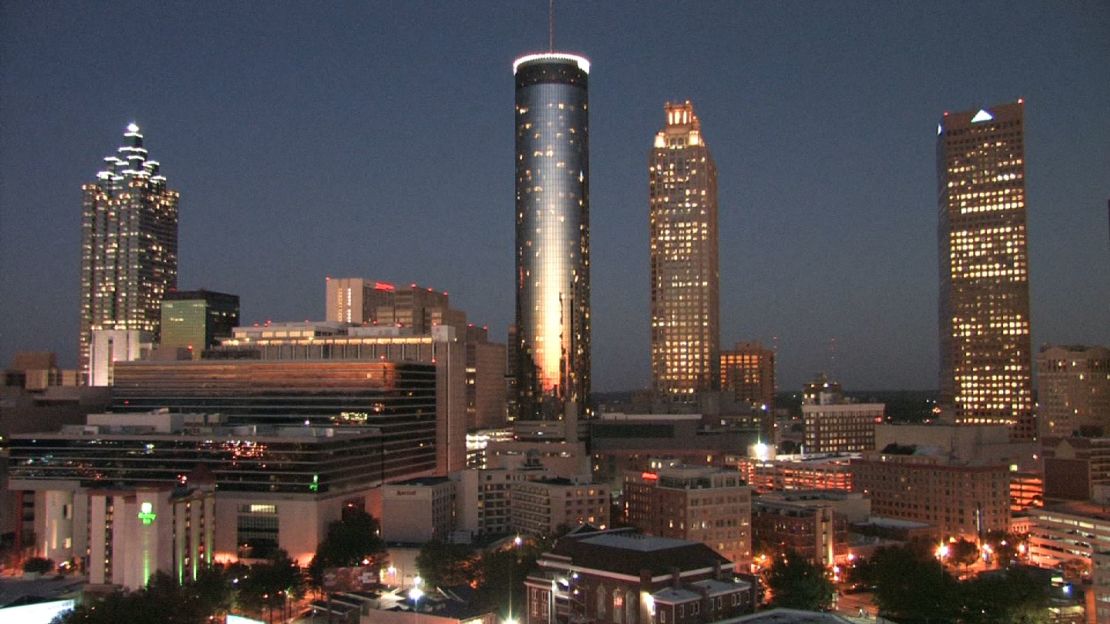
He said they started camping as a family about eight years ago for fast getaways.
“We lived in downtown Atlanta and wanted an easy way to get out of the city, have our kids experience nature, and actually see the stars,” Lankford said.
“We purchased a 1969 Serro Scotty [trailer] for cheap, and I fixed it up. Our go-to was Red Top Mountain or Stone Mountain Park. Since I do not have Sundays off, they made for quick, easy trips.”
Lankford has since upgraded campers twice and now has a 26-foot camper with bunks “so everyone can have their own space and take longer trips.”
And they still plan on camping – just later in the year.
“Our next scheduled trip is our annual ‘Campsgiving,’ he said. “Each year a big group of my wife’s family camp together the week of Thanksgiving. It is always a great time of hanging out, eating a lot and letting our children see [family].”
Safety tips if you decide to go
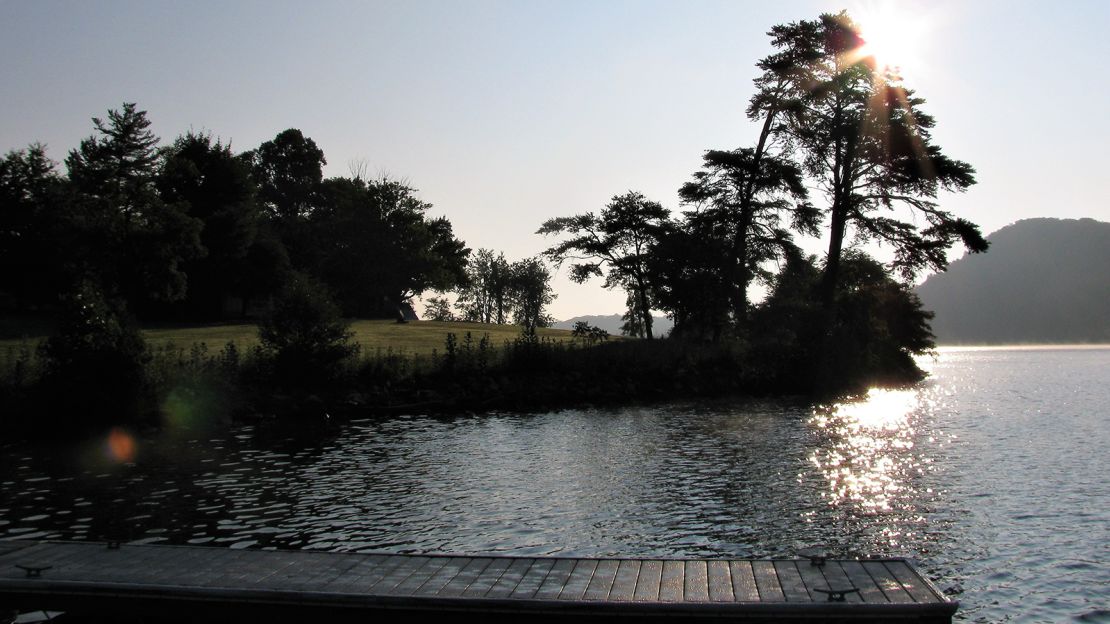
There are numerous sources with safety tips if you decide to go camping, whether it’s on public or private sites.
The state parks system in Minnesota has an excellent, detailed online guide (PDF). And the Department of Forests, Parks and Recreation in Vermont, another state that’s a favorite of the outdoors set, has important tips.
Some of the highlights from their detailed suggestions:
– Don’t be spontaneous; make plans: Place reservations and buy permits, firewood, ice and other things online or by phone before you get to the campsite.
– Come supplied with cleaning and personal hygiene agents: Arrive with your own soap, surface disinfectants, hand sanitizer, paper towels and toilet paper. This is one area where you shouldn’t skimp.
– Social distancing: Set up your campsite – including sleeping, campfire and eating areas – to be as far as possible from nearby campsites that hold people from different households.
– Keep it in the family: Only let those in your household or “social bubble” into your individual campsite or RV.
– Be respectful of the rules: Follow all campground rules and instructions for your own safety and that of others. That might include wearing a face mask in public areas, heeding social distancing signs and leaving furniture such as chairs and picnic tables where you found them.
– Avoid contact sports: For instance, outdoor basketball courts may be open to shoot hoops, but signs prohibiting contact games should be respected.
– Trails: If a trail is marked closed, there’s a good reason. Don’t go on it.



